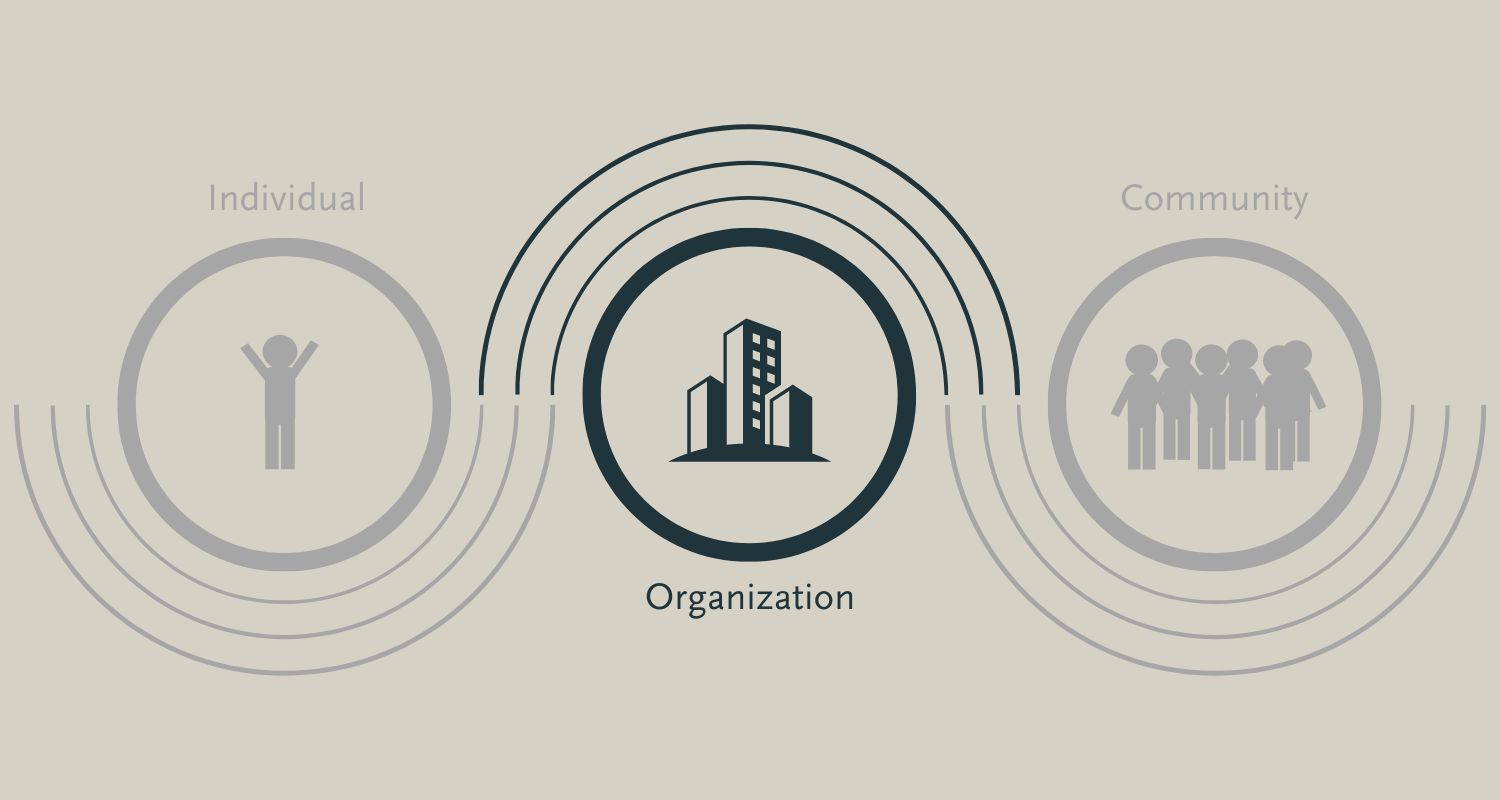Organizational Development
Grow Your Team’s Capacity and Increase Your Collective Impact
The ability to work together to solve complex problems and to meet the local need for social cohesion are the greatest needs of this era. At the Center for Transforming Engagement, thriving leaders are equipped and capable of influencing their organizations to become more resilient and generative.
The Imperative of Relational Work
The Center works with teams and groups to transform their engagement with one another, equipping them to meet challenges beyond the capacities of any one personal alone.
Our programs for teams and organizations combine the Christian values of faith, hope and love while applying the tools of the social sciences to develop social cohesion and rebuild communities.
This inherently relational work requires spaces that are physically, relationally, and spiritually “safe enough.”
We are creating such spaces.
Perhaps you’ve had the rare joy to work with a group that wasn’t simply enjoyable in a polite way, but a group that knew how to work well together.
Group work is challenging, but when it is engaged well, it can restore our trust in one another and in institutions to address pressing problems
Good Groups Know How –
Focus on their task, while also attending to what arises within the group dynamics
Address group dynamics to move the primary task forward and solve complex problems
Let go of reality the situation as it is, and become open to a greater imagination for how things might be
Transforming Communities Program
Instead of proscribed “one size fits all” practices, we offer processes that fit your values and culture. Our experienced coaches walk alongside your organization, providing training and guidance to adapt to the changing cultural context of our time.
Workshops & Training
Whether your next event is an in-person conference or online webinar, we can provide trainings that educate, inspire and equip your people on a variety of topics.
Organizational Resilience
Organizations that are more resilient are better able to respond to a quickly changing context, even in times of crisis.
Nonprofits ● Congregations ● Social Enterprises ● Community Advocacy Groups ● Mission-driven Organizations ● Small Groups & Teams ● Boards ● Church plants

